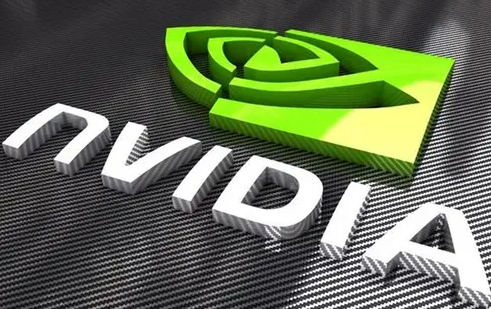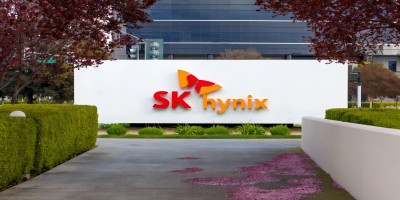Recently, Nvidia delayed the launch of its new artificial intelligence (AI) chip in the Chinese market in order to comply with US export regulations, causing widespread concern in the industry.
According to Reuters, two sources said that the chip, named H20, is the most powerful chip Nvidia has developed specifically for the Chinese market to comply with the latest U.S. export restrictions. The release, scheduled for November 16, has been pushed back to the first quarter of next year, with a possible official release in February or March.
According to sources, the reason for the delay of the H20 is related to the problems encountered by the server manufacturer in integrating the chip. Nvidia plans to launch two other chips that meet the new U.S. export regulations are L20 and L2, of which L20 will not be delayed and will be launched according to the original plan, but the situation of L2 can not be disclosed.

The decision could have an impact on Nvidia's market share in China, especially given that the H20 is considered a strong move against local competitors such as Huawei. U.S. export restrictions have created opportunities for Chinese competitors to win orders. Chinese Internet giant Baidu has reportedly ordered a large number of AI chips from Huawei, in preparation for the possibility that it will no longer be able to purchase chips from Nvidia in the future.
It is worth noting that both of these people chose to remain anonymous, and Nvidia did not officially comment on the matter. The decision to delay reflects Nvidia's cautious approach in addressing international trade and export regulations, while also highlighting the complexity and challenge of the global semiconductor industry under the influence of politics and regulations.
Previously, after Nvidia A100 and H100 models were restricted from exporting to China, the "castrated version" of A800 and H800 for China was in order to comply with the regulations. Intel also launched the AI chip Gaudi2 for the Chinese market, and now companies have to adjust under a new round of export bans.
Under the new parameter standard, Inway has issued a notice that the impact applies to shipments of products with a "total processing performance (TPP)" of 4800 or higher and designed or sold for data centers, namely the A100, A800, H100, H800 and L40S.
The demand for AI computing power in the Chinese market is still growing, and some channels said that in addition to the 800 series price increase, the price of other limited chips has also doubled.



